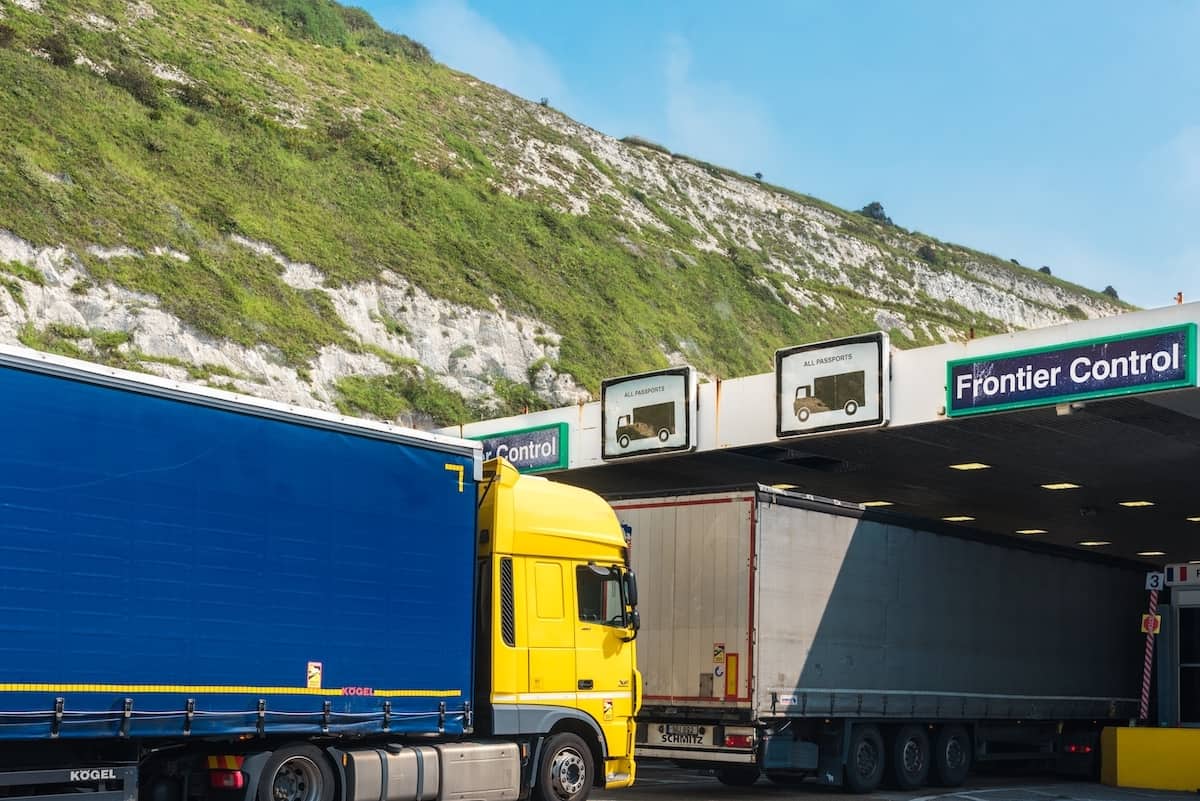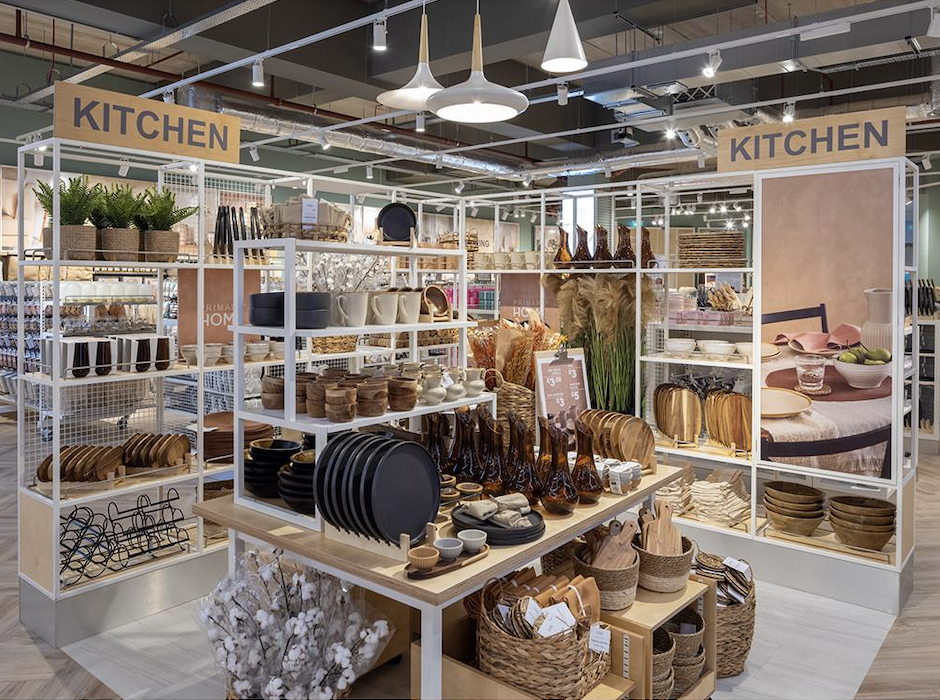Pressure on supply chains is set to last throughout 2022, according to Logistics UK in a report that comes at the same time as fresh issues related to trade with Europe appear, with the government proposing unilateral action on Brexit.
Supply chain issues
Both global and local factors have fed into supply chain delays, from disruption to the supply of shipping containers around the world to a shortage of HGV drivers and a lack of semiconductor microchips, says Logistics UK in its annual Logistics Report. But it also says that there are grounds for optimism.
“The past two years have been a period like no other for our supply chain with disruptions forcing constant changes in the ways goods move both domestically and internationally,” says David Wells, chief executive of Logistics UK. “It is testament to the dedication of staff right across the supply chain that solutions have been provided for problem after problem with minimal disruption – from the displacement of shipping containers to a lack of HGV drivers to move goods – and our highly interconnected supply chain has remained largely intact.
“At the same time, our members have been facing significant increases in fuel and freight costs. Diesel prices rose by 22% in the year to 31 December 2021, while freight rates have also increased as demand returns following the pandemic, accompanied by wage inflation. With average fuel prices reaching the highest level on record, and rising inflation, there has been an unsustainable burden on logistics businesses which operate traditionally on very narrow margins of around 1%.”
Some improvements have been seen with 53.5% more people taking practical HGV tests in the fourth quarter of 2021 and a five percentage point cut to fuel duty in the government’s March 2022 spring statement, says Wells, but he adds that there is more to be done.
“The signs of recovery are there, as the Logistics Report indicates, but there is still much work to be done and ongoing economic pressures could easily stall any significant growth forecast,” says Wells. “It is clear that, following the impacts of Covid-19 supply chains will need to change the way they work. Cost-effective and efficient shipping is no longer guaranteed under the previous working model and the industry’s reliance on just-in-time management systems will need to shift to using greater storage capacity. However, having seen how far we have come, in just two years, I am confident that the logistics sector is set to lead the economic recovery in the months ahead.”
Brexit issues
The report comes as more disruption to trade threatens. The UK government has proposed unilateral legislation to change the Northern Ireland Protocol, part of the 2020 UK and EU Trade and Cooperation Agreement. It says the changes it is putting forwards are necessary to restore stability and protect the Good Friday Agreement.
The four suggestions put forward include red and green channels for goods shipped between Great Britain and Northern Ireland, the ability to sell goods subject to either UK or EU goods rules in Northern Ireland, and to have the same tax levels in Northern Ireland and Great Britain, and replacing the European Court of Justice as the final authority on disputes by independent arbitration agreements.
UK Foreign Secretary Liz Truss says: “This Bill will uphold the Belfast (Good Friday) Agreement and support political stability in Northern Ireland. It will end the untenable situation where people in Northern Ireland are treated differently to the rest of the United Kingdom, protect the supremacy of our courts and our territorial integrity.
“This is a reasonable, practical solution to the problems facing Northern Ireland. It will safeguard the EU Single Market and ensure there is no hard border on the island of Ireland. We are ready to deliver this through talks with the EU. But we can only make progress through negotiations if the EU are willing to change the Protocol itself – at the moment they aren’t. In the meantime the serious situation in Northern Ireland means we cannot afford to allow the situation to drift.”
However, the EU has said that it will not renegotiate the Northern Ireland Protocol, and is reported to be considering taking legal action against the UK government in response.
But David Jinks, head of consumer research at ParcelHero, says that the bill comes just as the latest figures show the value of UK exports to the EU increased by 8.1% – or £1.2bn – to £16.4bn in April 2022 – the highest level since records began. “Sadly, today’s ‘go-it-alone’ Northern Ireland Protocol bill could well jeopardise relations with the EU once again, just as trade returns to full health following the chaos of Brexit,” says Jinks. “The EU says unilaterally scrapping parts of the Brexit trade agreement, which deals with the flow of goods between Great Britain and Northern Ireland, breaks international law. What an irony that the UK has returned to its blinkered, belligerent approach to negotiations, just as our EU trade figures returned to health.”
He adds: “No one is denying the flaws in the Northern Ireland Protocol. The raft of new checks on food, goods and parcels it would necessitate, if fully enforced to the letter of the law, is pointless. The Government’s ideas for a Green Channel for goods not entering the Republic are worth discussing. The EU itself agrees the rules need changing and have put forward several proposals. However, this is the wrong time to explode a grenade just as UK-EU trade starts returning to normal. Surely a negotiated settlement with the EU, rather than heavy tactics such as new go-it-alone legislation, is a better solution.”









